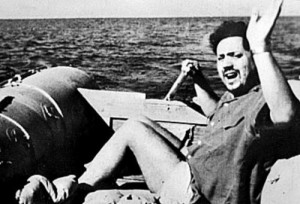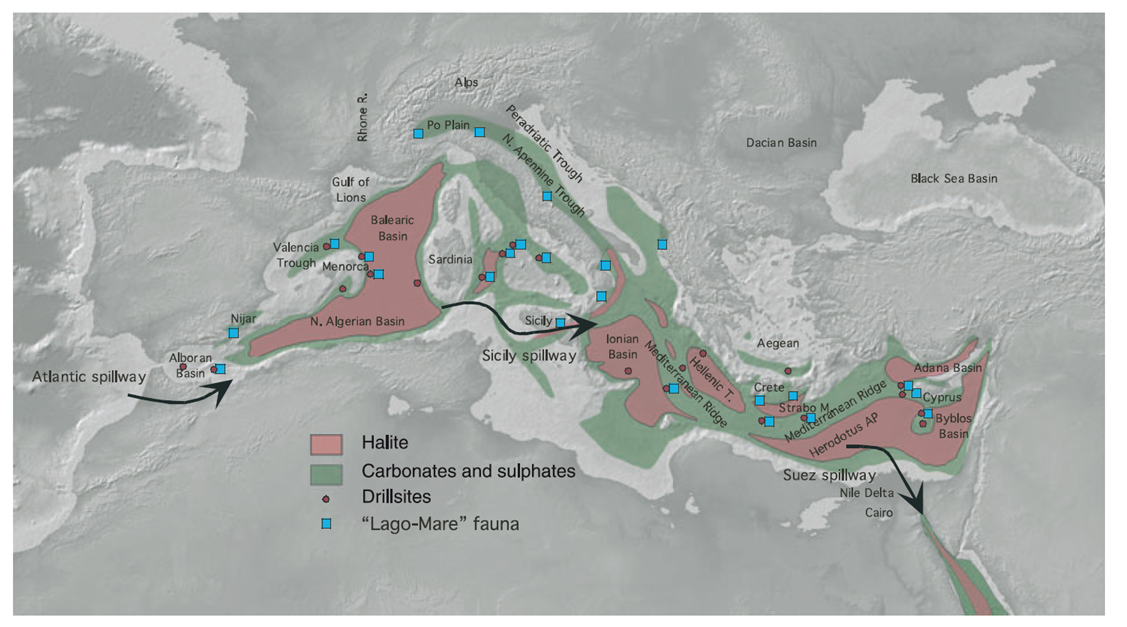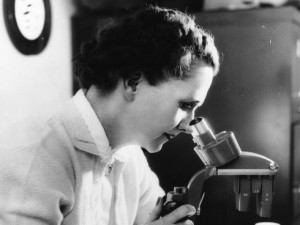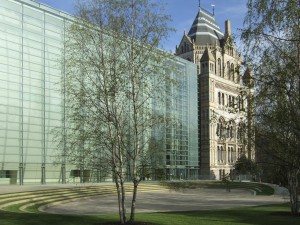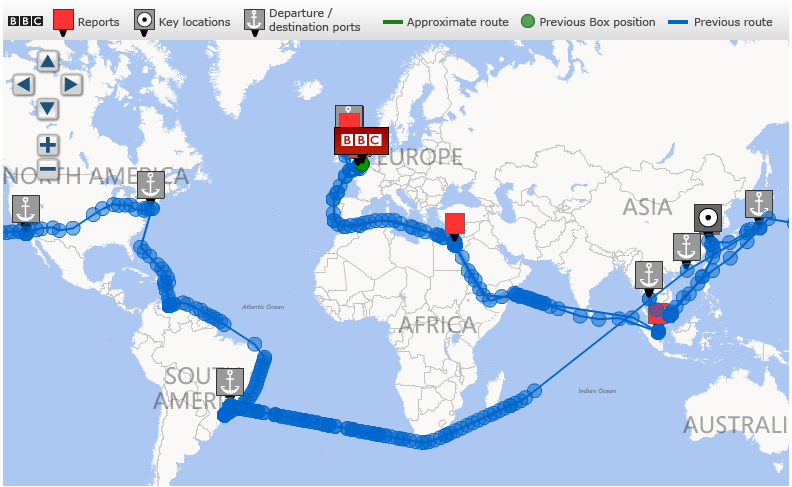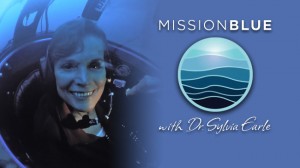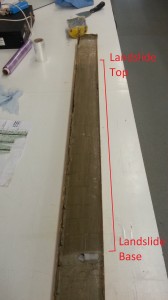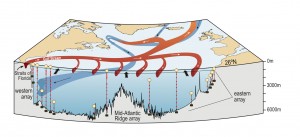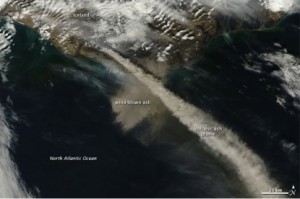
Enhanced primary production following the eruption of an Icelandic volcano
Hallo MOOCers,
This article is brought to you by Ms Jessica Klar, a PhD. candidate (Geochemistry Group) here at the National Oceanography Centre.
Jessica's Klar NOC profile page: http://noc.ac.uk/people/jk2e09
Many of you might remember the European flight disruptions caused by the volcanic eruption of Eyjafjallajökull (Iceland) from the 14th of April to the 22nd of May 2010.
Continue reading →

